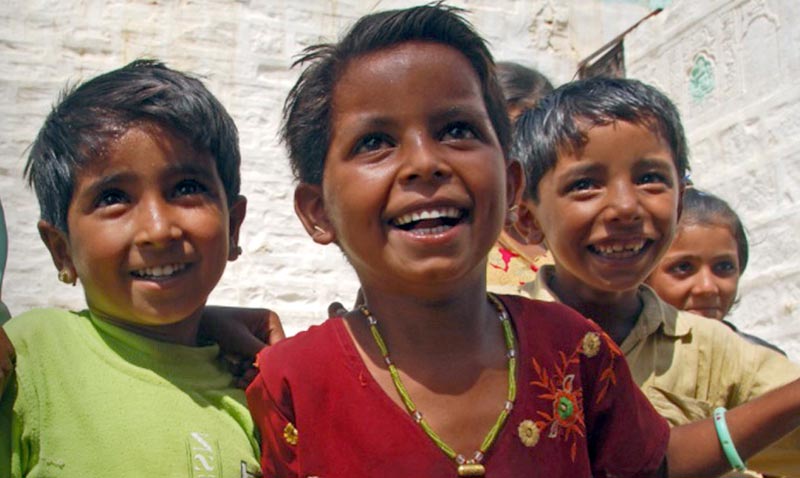Black Swans and the Future of Energy by Paul Polak and Krish Desai
Energy experts now confidently predict that by 2040, solar and wind will drive no less than 60% of global power; natural gas will replace the lion's share of the burning of coal, and the market for electric cars will soar. Nassim Taleb, on the other hand, questions the ability of experts to predict just about anything. He asserts instead, in The Black Swan: The Impact of the Highly Improbable, that the future is consistently shaped by unexpected, high-impact outlier events, which we do our best to rationalize after the fact. Who could have predicted the Black Swan disruptive transformative impact of Henry Ford's Model T…


